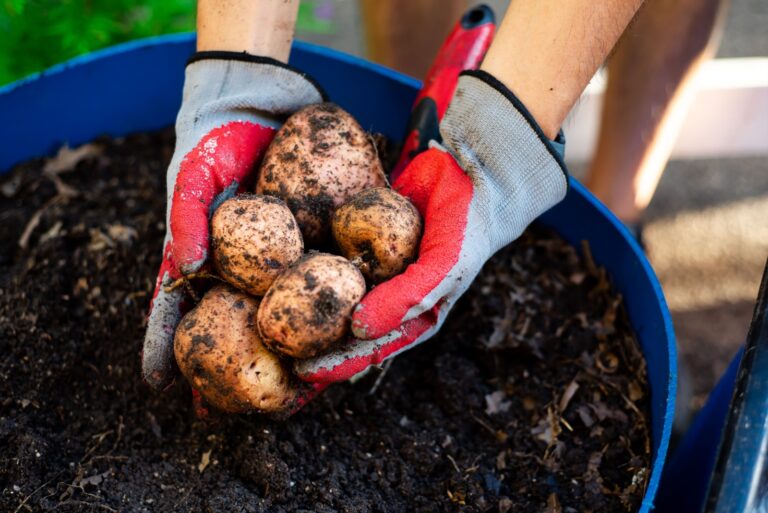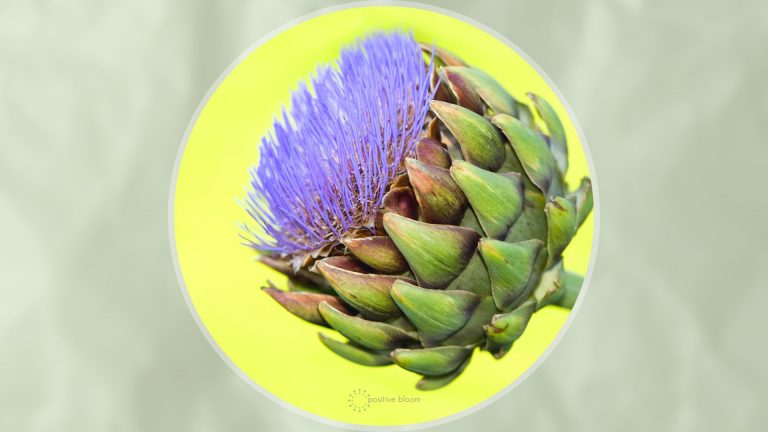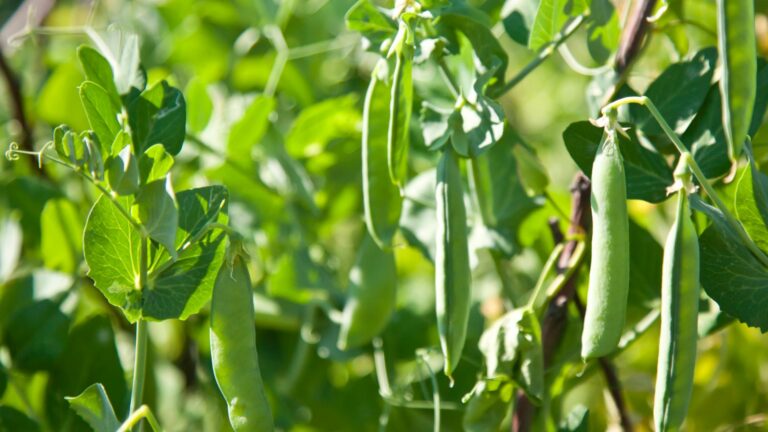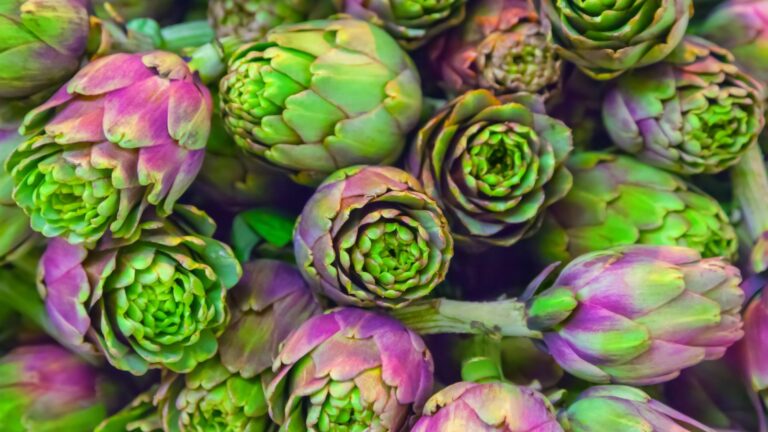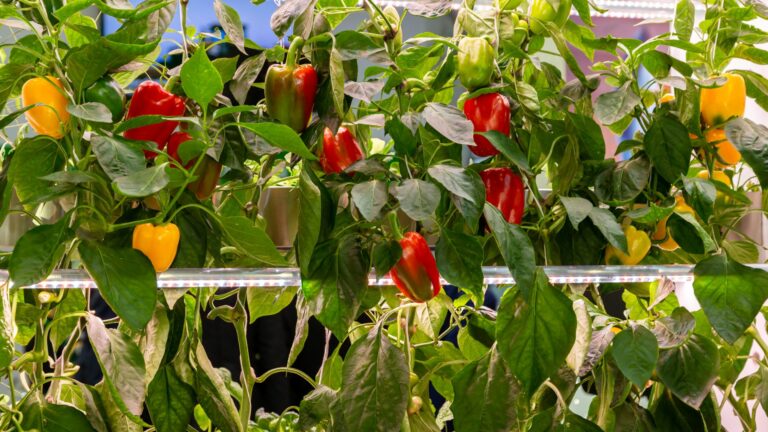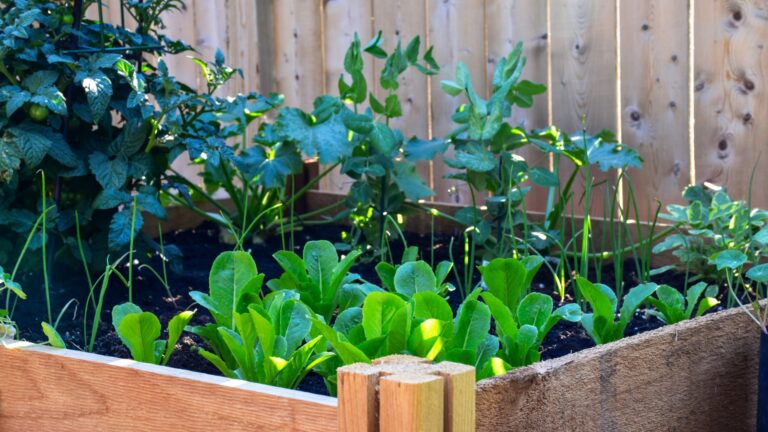The Frost Sweetened Vegetables Wisconsin Gardeners Love In December
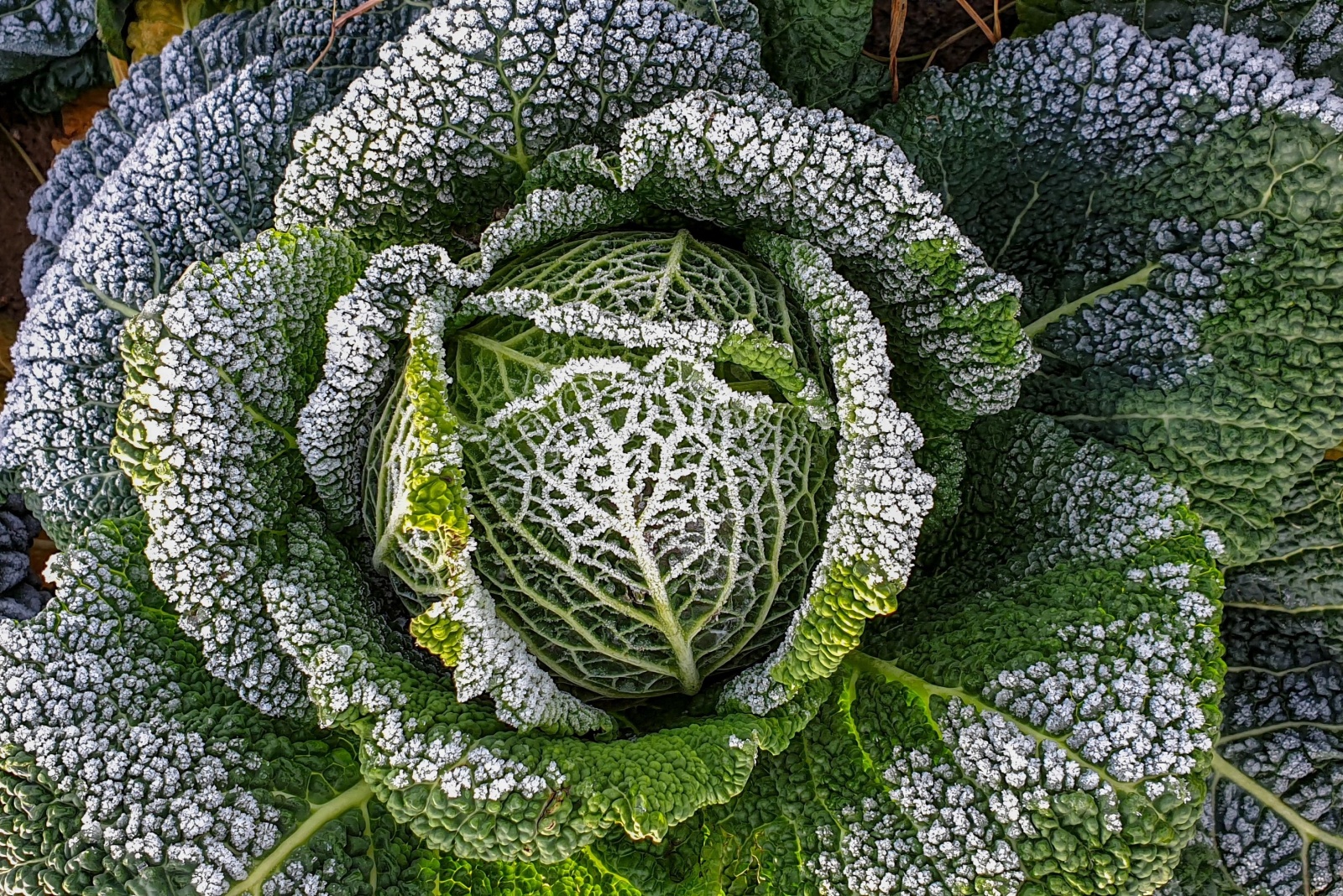
Winter hits hard in Wisconsin, but some vegetables take the cold in stride and come out tasting better for it. When frosty nights roll in, these hardy crops flip a switch, turning starches into natural sugars that give them a richer, sweeter flavor you can’t buy at the store.
It’s one of the quiet perks of gardening through the cold months — the chill that bites your fingers is the same one that makes these vegetables shine. For Wisconsin gardeners, December becomes the perfect time to enjoy produce at its absolute best.
1. Kale

Cold weather transforms kale from slightly bitter to surprisingly sweet. When temperatures drop below freezing, the plant converts its starches into sugars as a natural antifreeze, making each leaf taste better.
Wisconsin gardeners often harvest kale all winter long because it can survive temperatures as low as zero degrees. The leaves actually become more tender after a good frost.
Try picking kale after a cold night for the best flavor in soups and salads.
2. Brussels Sprouts
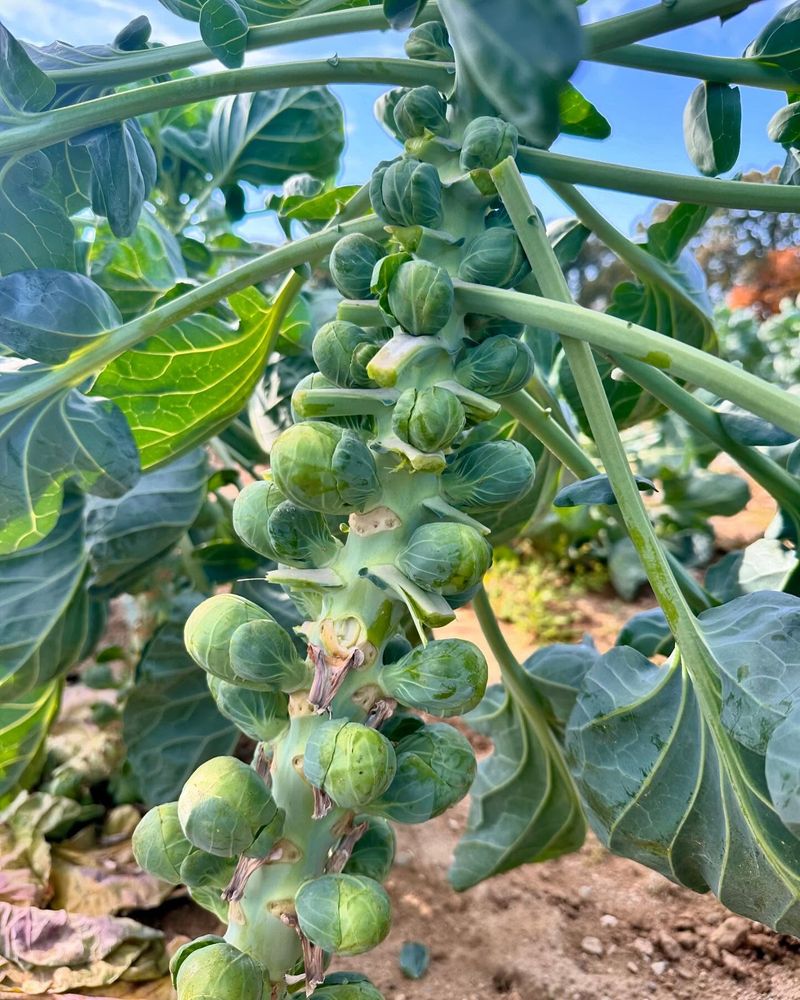
Many kids who think they hate Brussels sprouts have only tried the summer-grown ones. Frost-kissed sprouts taste nutty and mild instead of bitter and strong.
After several hard freezes, these mini cabbages develop a buttery sweetness that makes them absolutely delicious roasted. December is actually the perfect time to harvest them in Wisconsin.
Leave them on the stalk until you need them, and they’ll stay fresh right in your garden.
3. Carrots
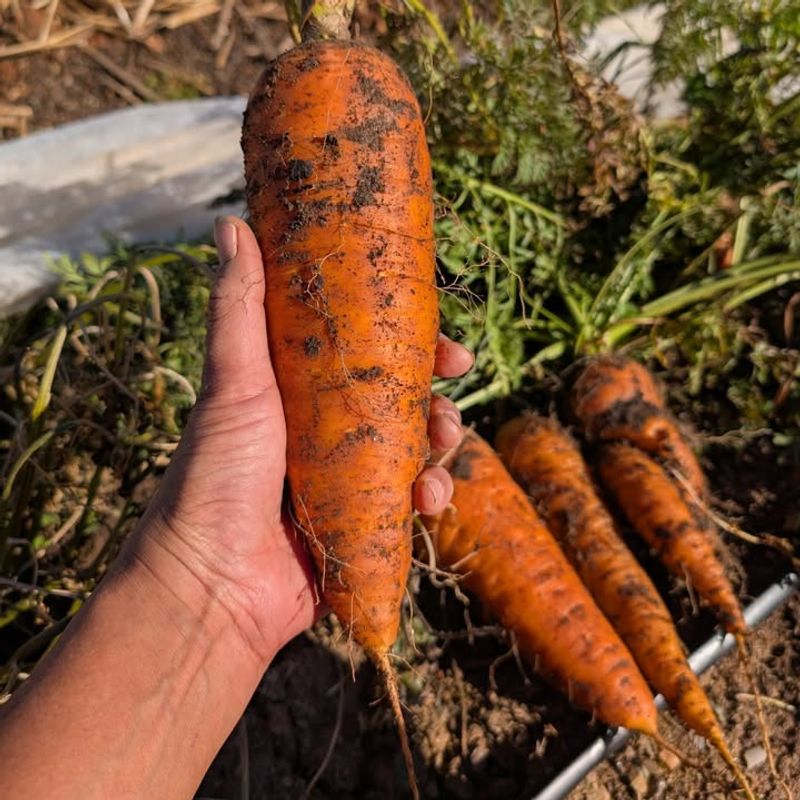
Carrots taste like candy when they’ve spent weeks in cold ground. The frost triggers them to produce extra sugar, protecting their cells from freezing damage.
Wisconsin gardeners mulch their carrot beds with straw so they can dig them up even when the ground starts freezing. Winter carrots are crunchy, juicy, and incredibly sweet.
Did you know? Some gardeners say December carrots taste twice as sweet as July carrots!
4. Parsnips
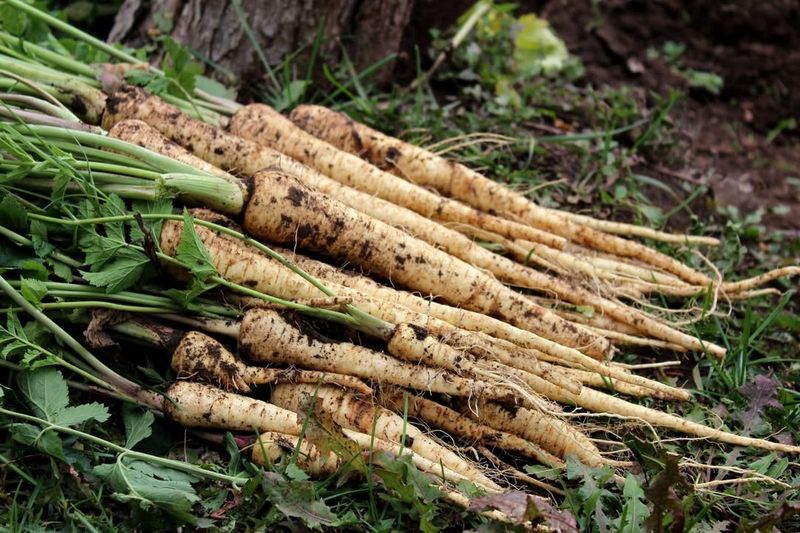
Looking like white carrots, parsnips absolutely need cold weather to taste good. Before frost, they can be woody and bland, but December transforms them completely.
Experienced gardeners never harvest parsnips until after several hard frosts have sweetened them up. They develop a rich, nutty flavor perfect for roasting or mashing.
Parsnips can stay in frozen ground all winter and still taste amazing when you dig them out.
5. Spinach
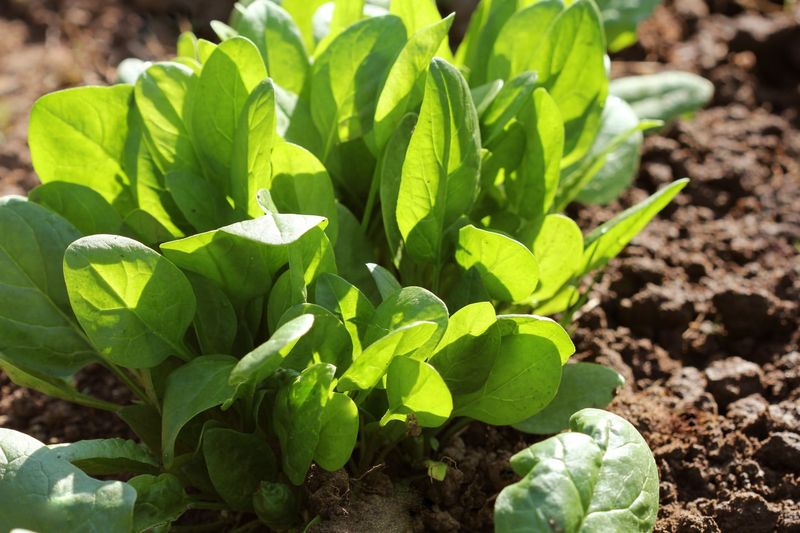
With leaves that taste milder and sweeter after frost, spinach becomes a December garden treasure. Cold-weather spinach has less of that metallic taste some people dislike.
Spinach plants hunker down close to the ground when temperatures drop, protecting themselves naturally. Wisconsin gardeners cover their spinach with row covers to harvest fresh leaves all winter.
Fresh winter spinach makes salads and smoothies taste better than store-bought greens ever could.
6. Leeks
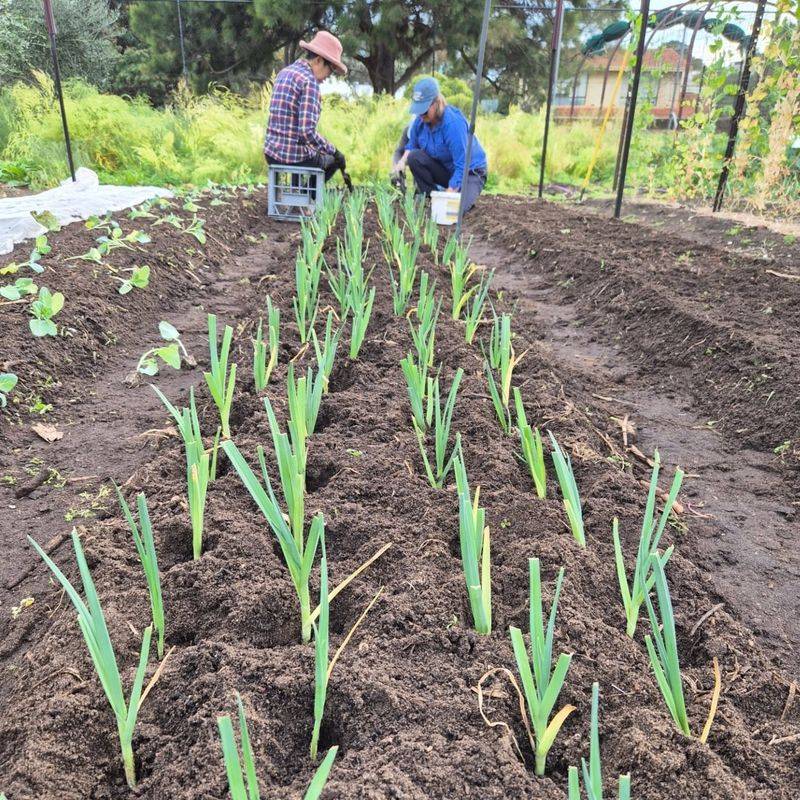
These gentle giants of the onion family get sweeter and more tender when kissed by frost. Leeks can handle Wisconsin winters better than almost any other vegetable.
After cold weather mellows their flavor, leeks become perfect for soups and stews. They develop a buttery, mild taste that’s nothing like the sharp bite of regular onions.
Gardeners pile soil around leek stems to keep them white and protected through December’s coldest days.
7. Cabbage

Cabbage heads sitting in December gardens develop a sweetness that summer cabbages never achieve. Frost changes their chemistry, making them crisp and delicious.
These tough vegetables can survive temperatures down to 20 degrees Fahrenheit without protection. Their outer leaves might look damaged, but the inner head stays perfect and sweet.
Winter cabbage makes the best coleslaw and sauerkraut because of its improved flavor and crunchy texture.
8. Turnips
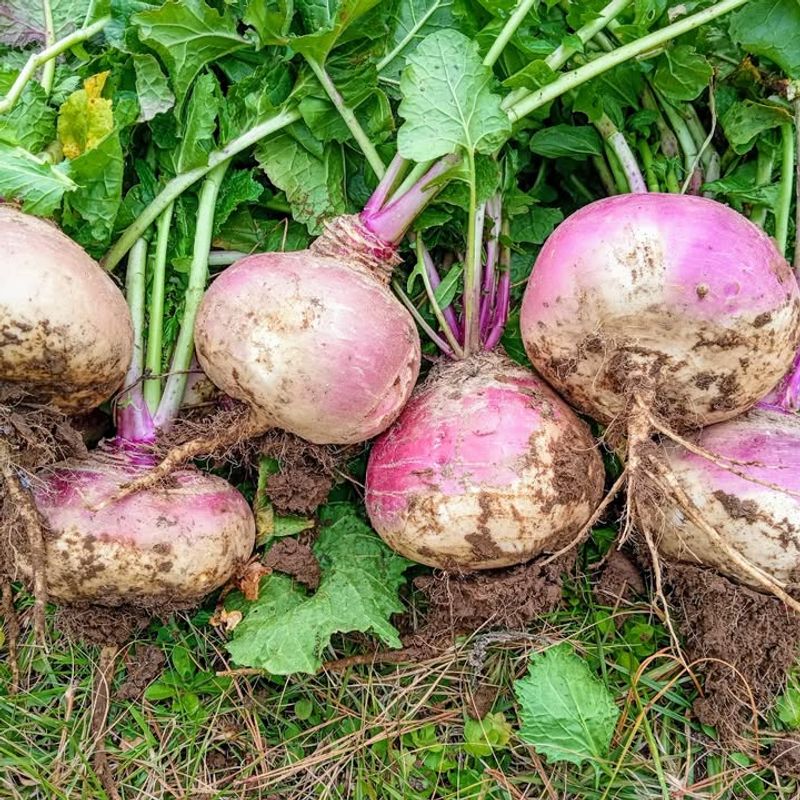
Both the roots and greens of turnips taste better after cold weather arrives. Summer turnips can be spicy and strong, but December turnips become sweet and mild.
Frost mellows the peppery bite that makes some people avoid turnips. Wisconsin gardeners know that waiting until December makes all the difference in flavor.
Young turnips taste best, but even large ones become tender and sweet after several nights of freezing temperatures.
9. Rutabaga
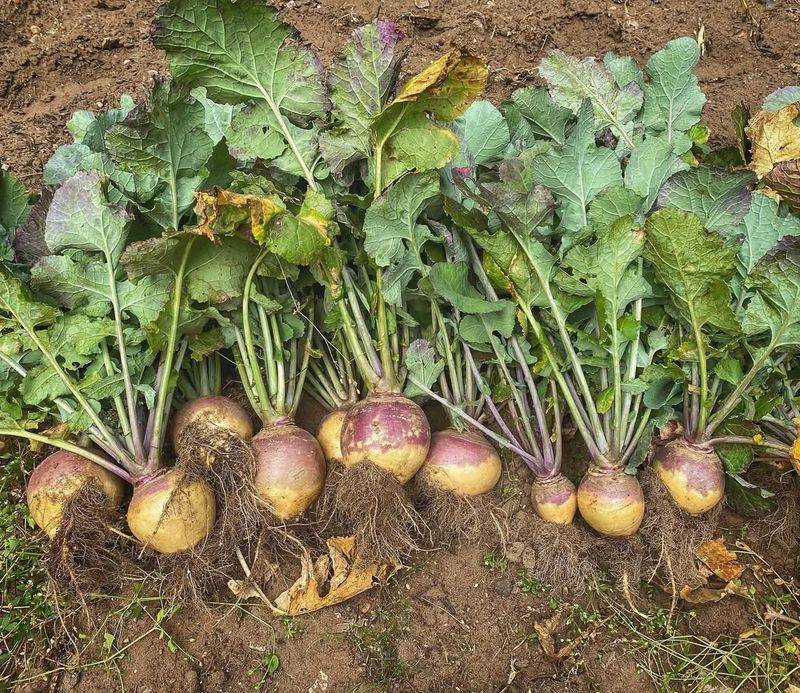
Often called the ultimate winter vegetable, rutabaga absolutely requires frost to reach its full potential. Without cold weather, it tastes harsh and unpleasant.
After December frosts work their magic, rutabaga develops a sweet, earthy flavor perfect for mashing or roasting. It stores well in the ground, getting sweeter as winter progresses.
Many Wisconsin families consider frost-sweetened rutabaga essential for traditional holiday meals and winter comfort food.
10. Collard Greens
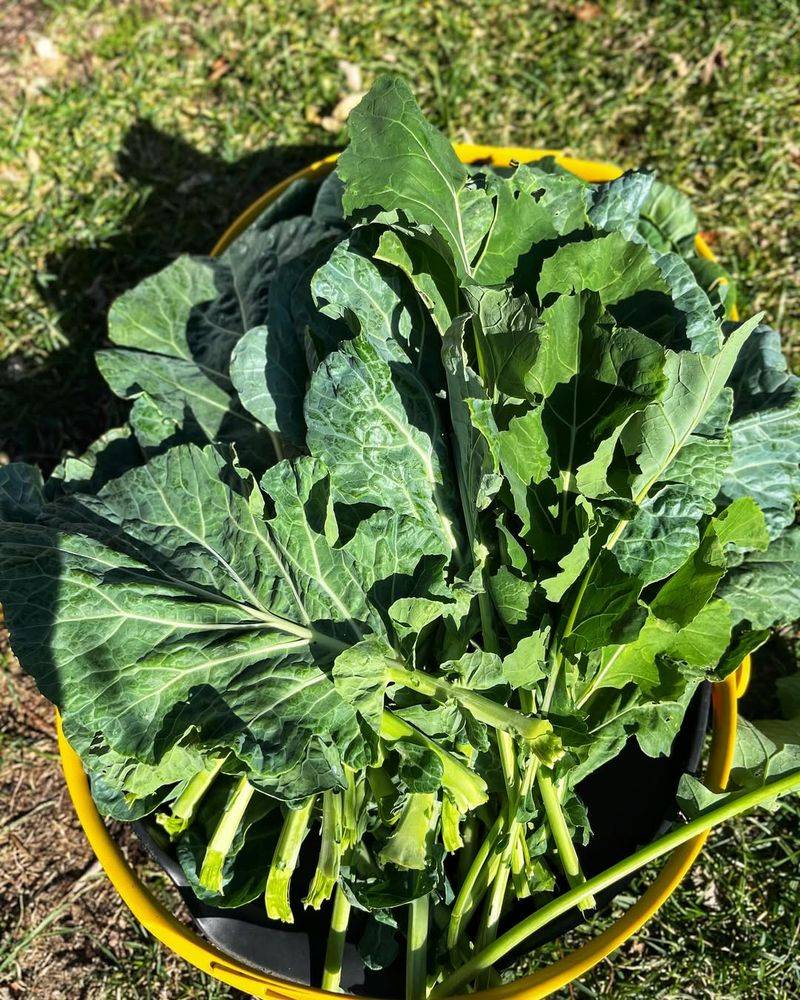
Southern gardeners aren’t the only ones who love collards anymore. Wisconsin growers have discovered how amazing they taste after frost sweetens them up.
Cold weather makes collard leaves tender instead of tough and sweet instead of bitter. They can survive temperatures that would destroy most other garden plants.
Harvest outer leaves throughout December while leaving the plant to produce more, giving you fresh greens all winter long.
11. Swiss Chard
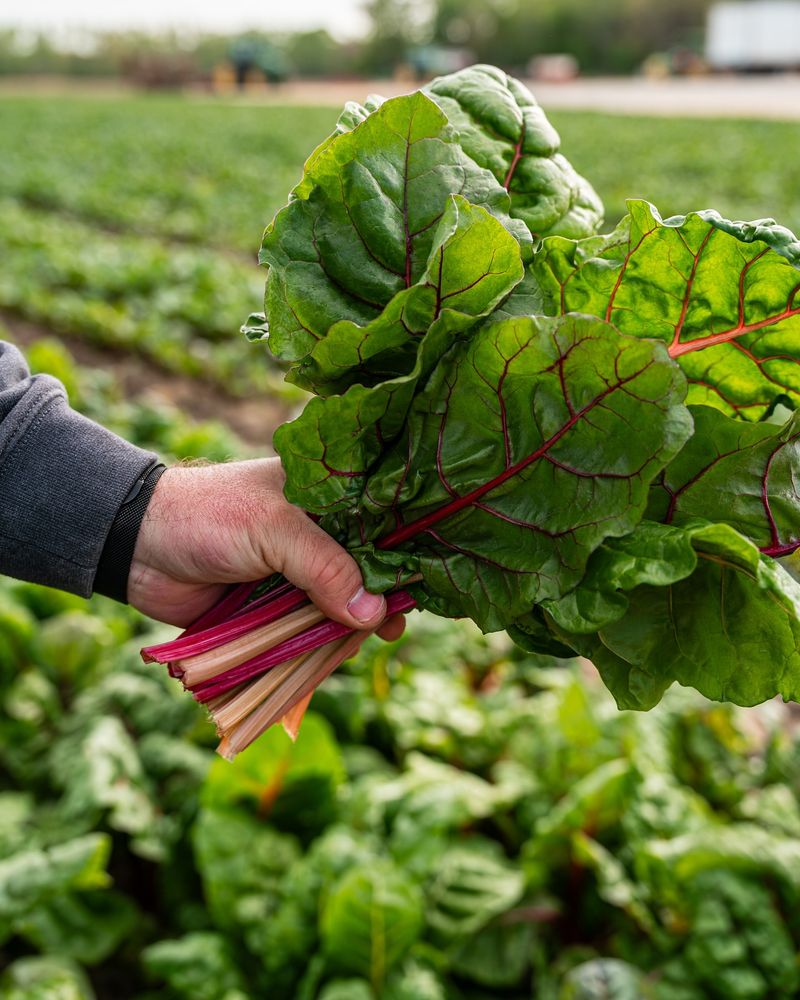
Bright stems in red, yellow, and orange make Swiss chard look beautiful even covered in frost. December cold makes the leaves taste milder and slightly sweet.
This colorful vegetable keeps producing new leaves even when temperatures drop below freezing. The stems stay crunchy while the leaves become more tender.
Wisconsin gardeners love how Swiss chard adds color to winter gardens when everything else looks gray and brown.
12. Kohlrabi
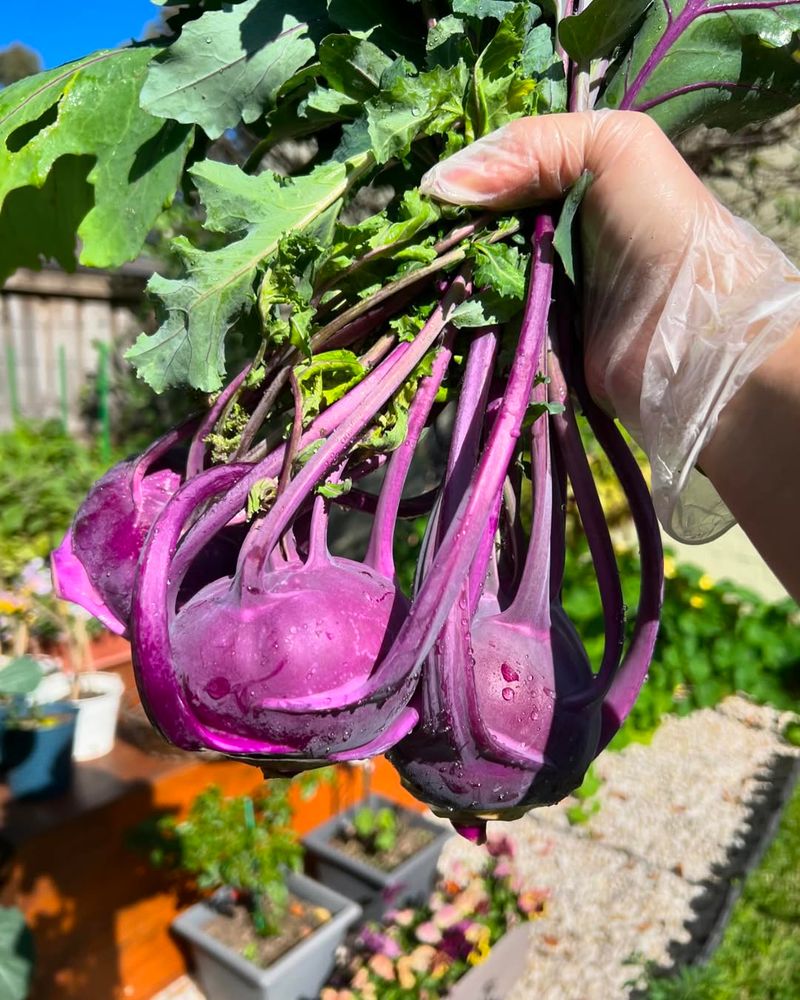
Looking like a vegetable from outer space, kohlrabi grows above ground and loves cold weather. Frost transforms its crisp texture into something even more delicious and sweet.
The unusual bulbs can handle hard freezes without damage, making them perfect for December gardens. They taste like mild, sweet broccoli stems when properly frost-sweetened.
Kids who try frost-kissed kohlrabi raw often ask for more because it’s crunchy, juicy, and naturally sweet.
13. Arugula

Summer arugula can taste too peppery for some folks, but December arugula is completely different. Cold weather tames the spiciness and brings out a nutty sweetness.
Fast-growing arugula can be planted in fall and harvested throughout winter in Wisconsin. Light frosts make the leaves taste better without damaging the plants.
Winter arugula adds fresh, mild flavor to salads when most gardens are empty and grocery store greens are expensive.

